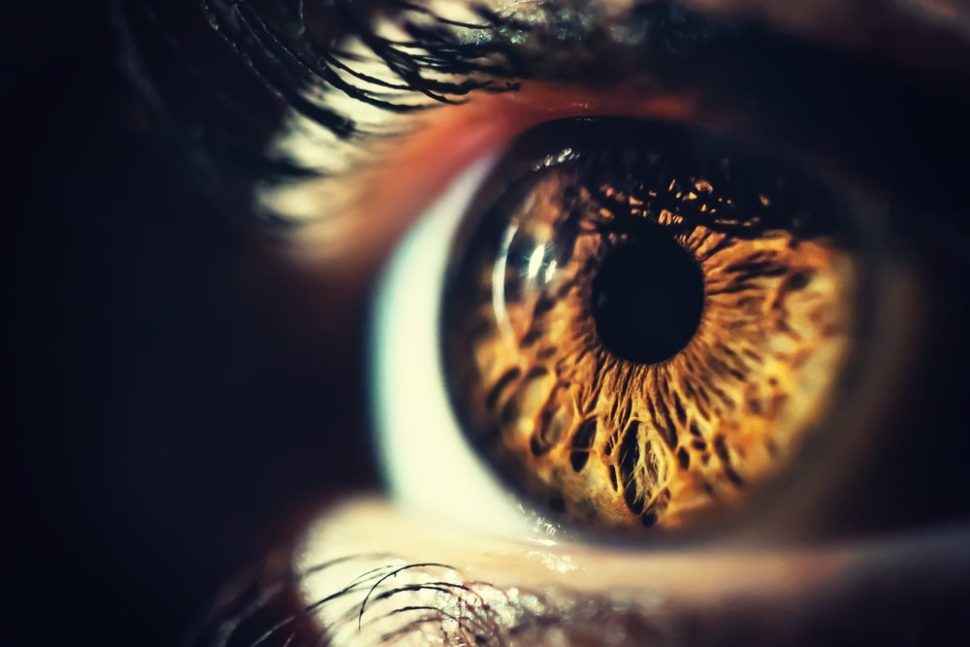SparingVision, a French biotech startup, just announced that they may have found a cure to one of the most common forms of blindness.
Given recent developments in gene editing, biotech, and robotics, many people want to see things like blindness cured within the next few years.
Biotech startups like SparingVision want to make this future a reality, as well.
Curing blindness would be a landmark discovery in human development and research, but how does SparingVision plan on doing so?

An Alternative Approach to Vision Therapy
Luxturna, which we covered in early April, transports a healthy gene into a cell by using adeno-associated viral (AAV) vectors. These are altered viruses that target congenital diseases that cause degeneration.
SparingVision takes employs an alternative approach, using something naturally occurring in the body.
Founded in 2017, SparingVision raised 15.5 million Euros for its mission. Researchers plan to enter their first clinical trials soon.
The technology uses a protein called a rod-derived cone-viability factor. The protein works by binding to transmembrane peptides on a person’s cone photoreceptor cells. This enables more glucose to enter nearby cells.
In simpler terms, due to the increased glucose, SparingVision’s proteins can slow down the process linked to vision loss. They could even stop cell death and prevent vision loss altogether.

Visions for the Future
The Annual Congress of Association for Research in Vision and Ophthalmology (ARVO) happened in Honolulu from April 29th to May 3rd, 2018.
While there, SparingVision presented a joint project for Retinitis Pigmentosa.
The disease afflicts two million patients across the world and has no cure. The genetic condition ultimately results in blindness due to retinal degeneration.
Florence Allouche, the President of SparingVision, elaborated on the collaboration with the Institut de la Vision in Paris:
“We are very pleased to present to the vision and ophthalmology scientific community the innovative approach of SparingVision in Retinitis Pigmentosa developed in collaboration with Institut de la Vision (Paris) during a session on genetic therapy.”
The therapy remains gene mutation and degeneration stage agnostic. In other words, this means that people with severe degeneration could still benefit from the treatment, along with those recently diagnosed.
We will update readers on SparingVision’s breakthroughs as news comes available.



















Comments (0)
Most Recent